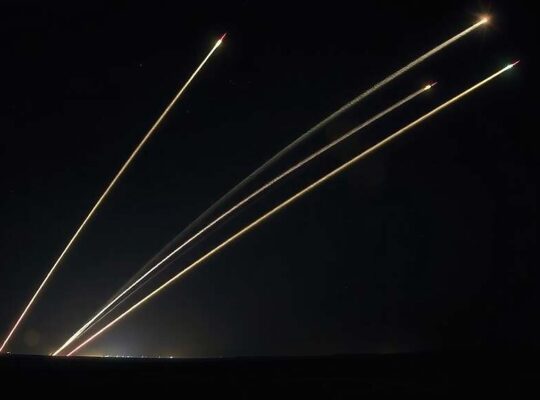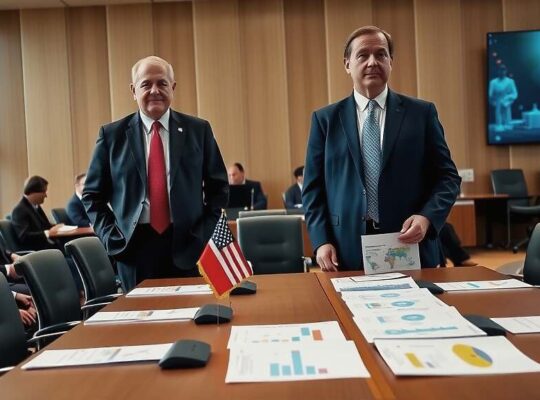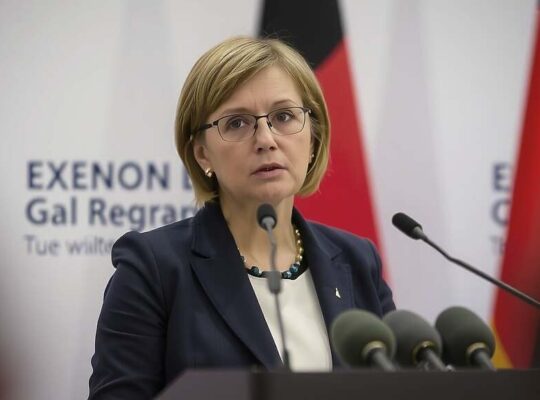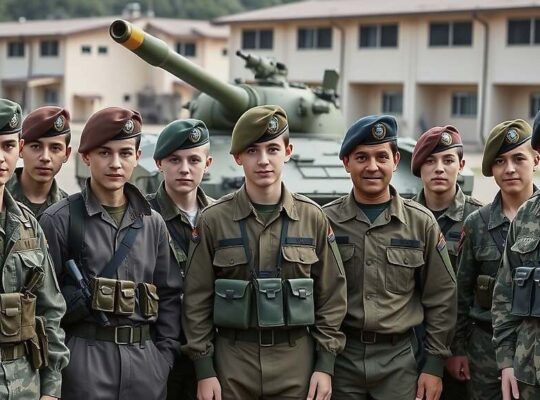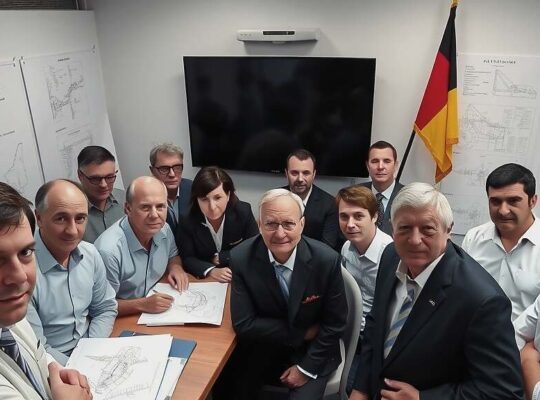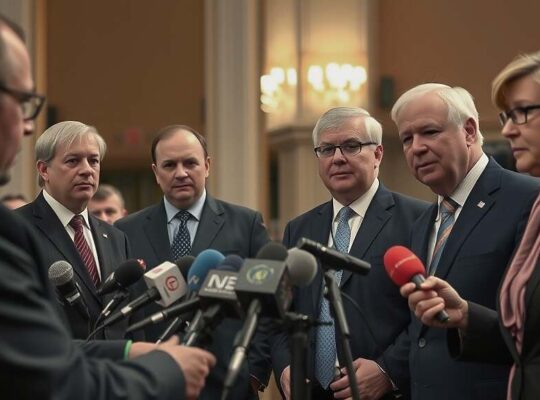Concerns are mounting regarding the progress of the Future Combat Air System (FCAS), a collaborative project aimed at developing a next-generation air combat system for Europe. The initiative, intended to safeguard airspace and bolster Europe’s technological independence, is facing significant obstacles in negotiations between Airbus and Dassault Systèmes, a partnership established in 2017.
Thomas Pretzl, head of the Airbus Defence Works Council, has publicly questioned the viability of the current partnership, suggesting the project could move forward without Dassault’s involvement. He indicated that alternative European partners, deemed more attractive and suitable, may be pursued.
The FCAS program envisions an integrated system of fighter jets and drones, representing a crucial step in maintaining European security in a climate marked by increasingly frequent incursions of Russian fighter jets into NATO airspace over the Baltic Sea. Despite these pressing needs, the industrial negotiations have stalled raising questions about the program’s trajectory.
Airbus remains committed to the development of advanced air combat capabilities. Michael Schöllhorn, head of Airbus’s defence division, affirmed the company’s readiness to deliver such a system.
The German government is actively seeking a swift resolution with France, emphasizing that security policy goals should not be jeopardized by industrial disagreements. Members of the German Bundestag’s Defence Committee are advocating for a pragmatic approach.
Industry sources reveal ongoing discussions exploring alternatives to the current Dassault partnership. Potential candidates under consideration include British aerospace giant BAE Systems and Swedish defence firm Saab, as potential pathways forward for German industry involvement in the FCAS program.





